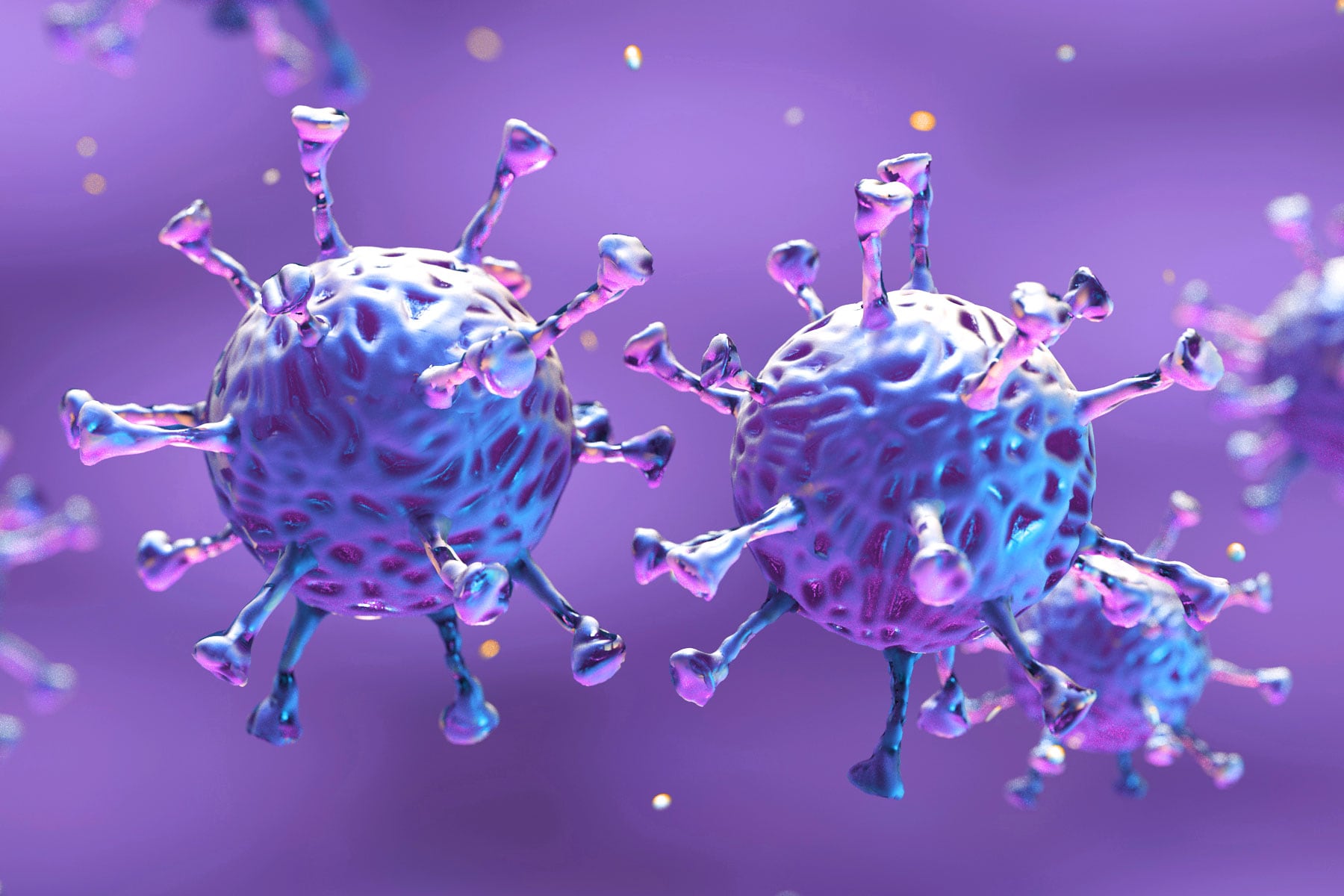Delirium Causes, Symptoms, Diagnosis and Treatment

What is Delirium?
Delirium is a serious disturbance in mental abilities that results in confused thinking and reduced awareness of your environment.
It is typified by fluctuating course, attention deficits and generalized severe disorganization of behavior. It is not a disease but a clinical syndrome.
Causes Of Delirium:
Delirium is most often caused by physical or mental illness, and is usually temporary and reversible. Some of the causes include:
- Alcohol or sedative drug withdrawal
- Drug abuse
- Body chemical disturbances
- Infections such as urinary tract infections or pneumonia (more likely in people who already have brain damage from stroke or dementia)
- Poisons
- Surgery
Malnutrition or dehydration - Sleep deprivation or severe emotional distress
Several medications or combinations of drugs can trigger delirium, including some types of:
- Pain drugs
- Sleep medications
- Medications for mood disorders, such as anxiety and depression
- Allergy medications (antihistamines)
- Parkinson’s disease drugs
- Drugs for treating spasms or convulsions
- Asthma medications
Symptoms Of Delirium:
Some of the symptoms of delirium may include the following:
- Changes in alertness (usually more alert in the morning, less alert at night)
- Changes in feeling (sensation) and perception
- Changes in level of consciousness or awareness
- Changes in movement (for example, may be slow moving or hyperactive)
- Changes in sleep patterns, drowsiness
- Confusion (disorientation) about time or place
- Decrease in short-term memory and recall
- Disorganized thinking, such as talking in a way that doesn’t make sense
- Emotional or personality changes, such as anger, agitation, depression, irritability, overly happy
- Incontinence
- Movements triggered by changes in the nervous system
- Problem concentrating
Diagnosis Of Delirium:
The following tests and exams are conducted in order to diagnose delirium:
- An exam of the nervous system (neurologic examination), including tests of feeling (sensation), thinking (cognitive function), and motor function
- Neuropsychological studies
- Blood and urine tests
- Chest x-ray
- Cerebrospinal fluid (CSF) analysis (spinal tap)
- Electroencephalogram (EEG)
- Head CT scan
- Head MRI scan
- Mental status test
Treatment Of Delirium:
Treatment for delirium can be broadly categorized into supportive care and medications.
- Supportive care
Supportive care aims to prevent complications by:
1. Protecting the airway
2. Providing fluids and nutrition
3. Assisting with movement
4. Treating pain
5. Addressing incontinence
6. Avoiding use of physical restraints and bladder tubes
7. Avoiding changes in surroundings and caregivers when possible
8. Encouraging the involvement of family members or familiar people
- Medications
- Certain medications may be needed to control pain that’s causing delirium.
Other types of drugs may help calm a person who misinterprets the environment in a way that leads to severe paranoia, fear or hallucinations, and when severe agitation or confusion occurs. These drugs may be needed when certain behaviors:
- Prevent the performance of a medical exam or treatment
- Endanger the person or threaten the safety of others
- Don’t lessen with nondrug treatments
By : Natural Health News




